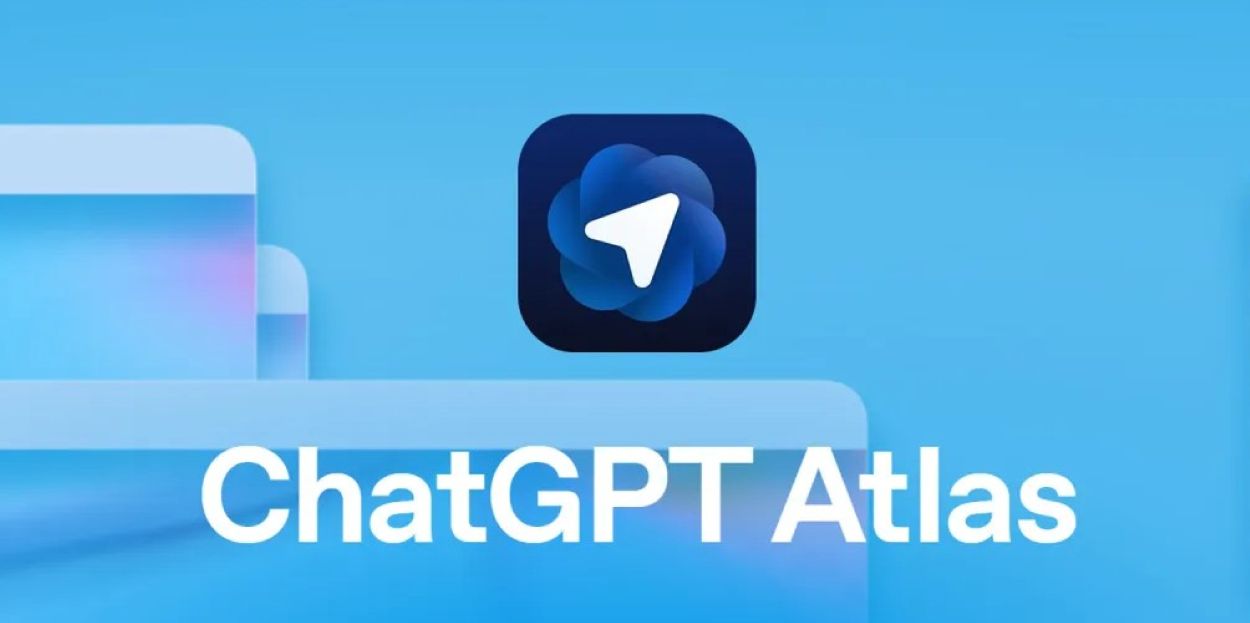OpenAI launched Atlas, an AI-powered web browser designed around ChatGPT, challenging Google Chrome’s dominance. CEO Sam Altman called it “an AI-powered web browser built around ChatGPT” during a livestream, aiming to integrate the chatbot into browsing for summaries, comparisons, and tasks.
Atlas, based on Chromium (Chrome’s open-source engine), launches with a ChatGPT sidebar in any window for content analysis or data insights. In agent mode, ChatGPT handles tasks autonomously, like researching trips, with a “take control” button for users. It includes memory for personalisation and “browser history” linked to ChatGPT, excluding incognito mode.
Meet our new browser—ChatGPT Atlas.
Available today on macOS: https://t.co/UFKSQXvwHT pic.twitter.com/AakZyUk2BV
— OpenAI (@OpenAI) October 21, 2025The browser skips a traditional address bar, allowing users to query ChatGPT for sites. Tabs open to ChatGPT for quick interactions.
Atlas is available globally on macOS for all free users, with Windows, iOS, and Android versions coming soon. Agent mode is for Plus and Pro users.
Alphabet shares fell 2.6% after the announcement. Atlas joins AI browsers like Perplexity’s Comet, Opera’s Neon, and Brave. OpenAI seeks to leverage 800 million weekly ChatGPT users for data and ad revenue, amid Google’s AI adaptations like Gemini in Chrome.
Atlas could disrupt search and browsing, shifting to conversational AI. It accelerates AI’s role in daily tools.






